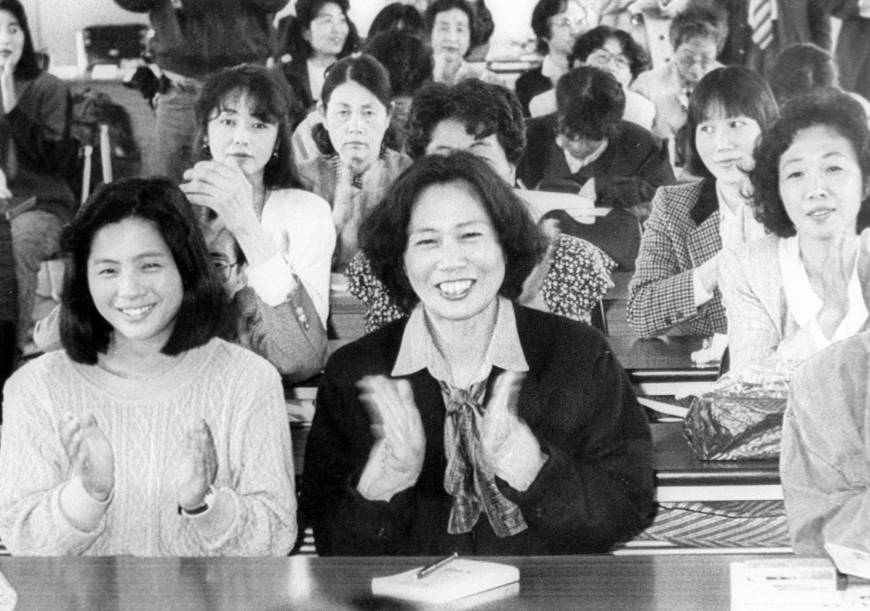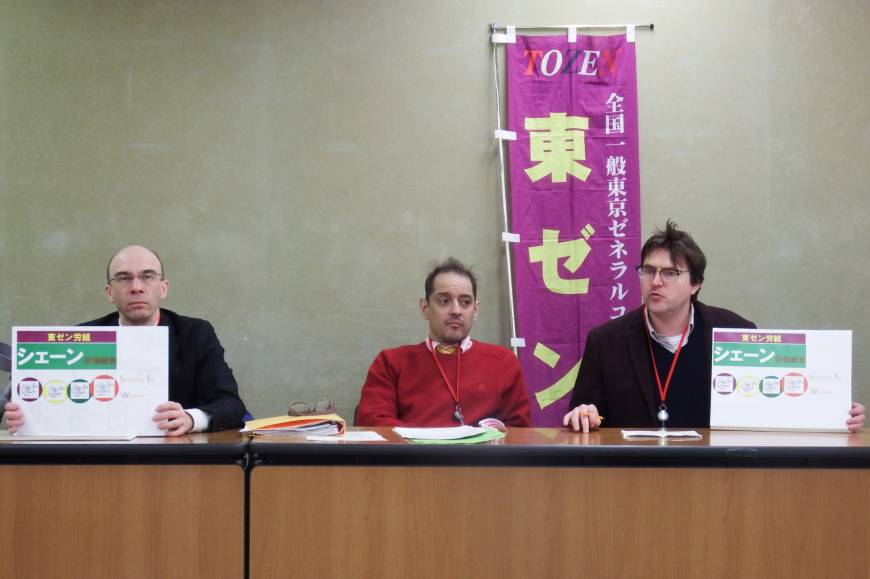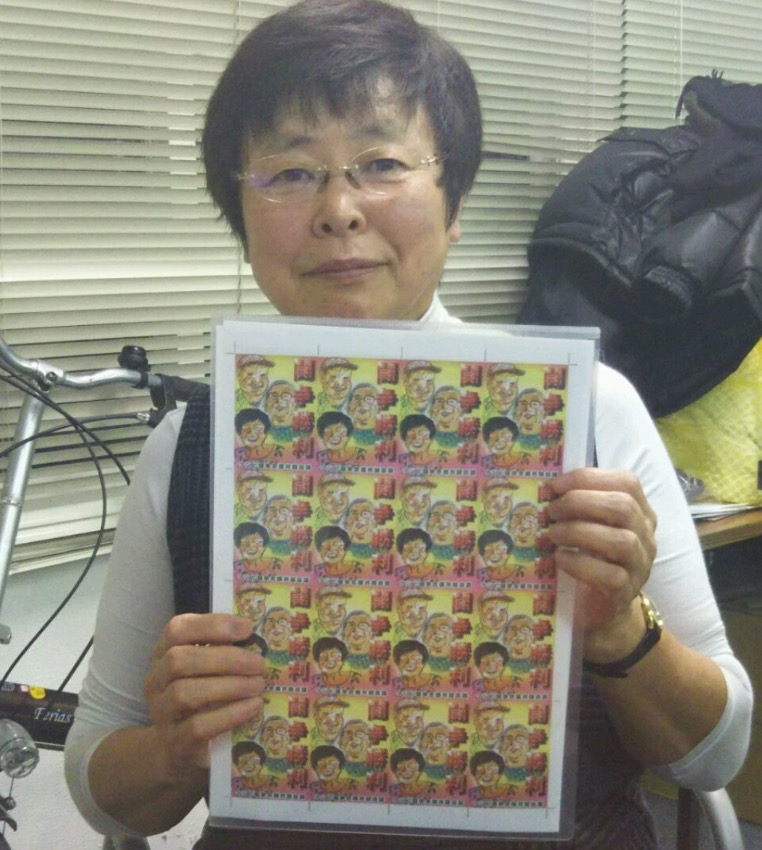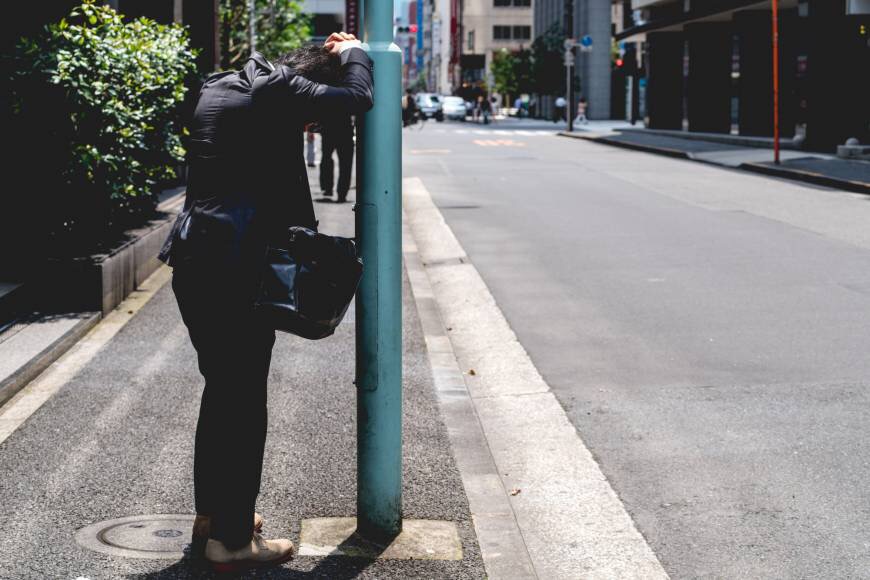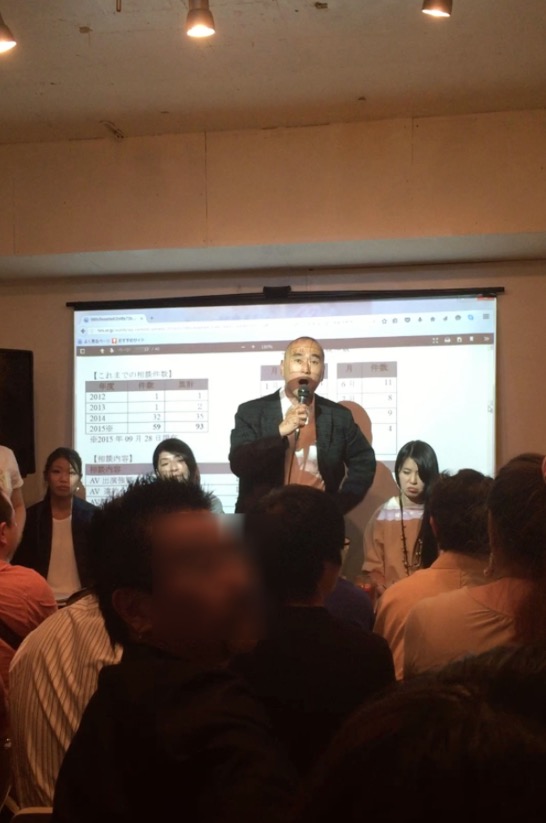On Nov. 30, 2018, the Executive Editorial Committee at The Japan Times published an Editor’s Note announcing changes in the way the newspaper would describe both the so-called comfort women and wartime forced laborers recruited before and during World War II to work for Japanese companies.
Under the former style, the comfort women were described as “women who were forced to provide sex for Japanese troops before and during World War II.” Under the new style, they were to be referred to as “women who worked in wartime brothels, including those who did so against their will, to provide sex to Japanese soldiers.”


